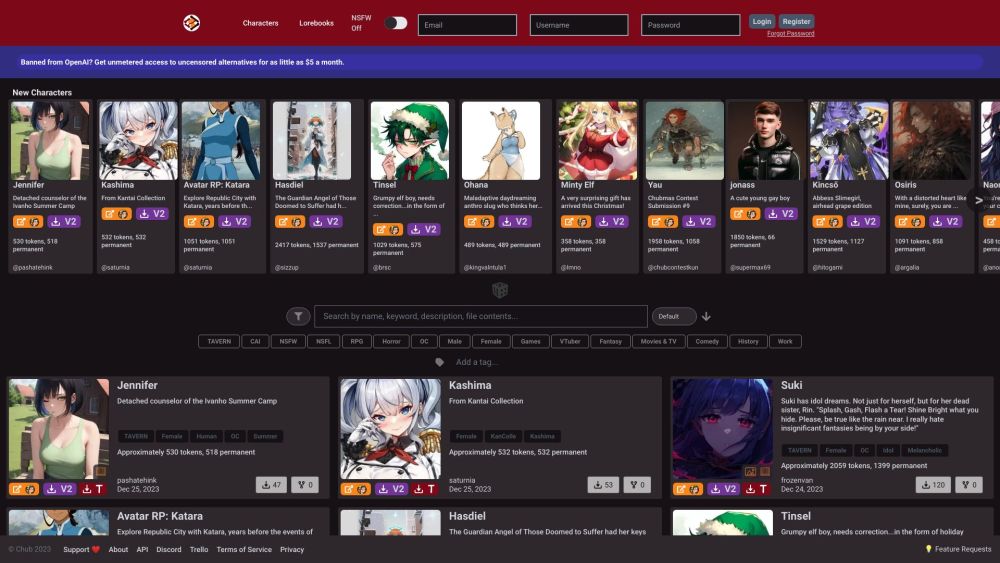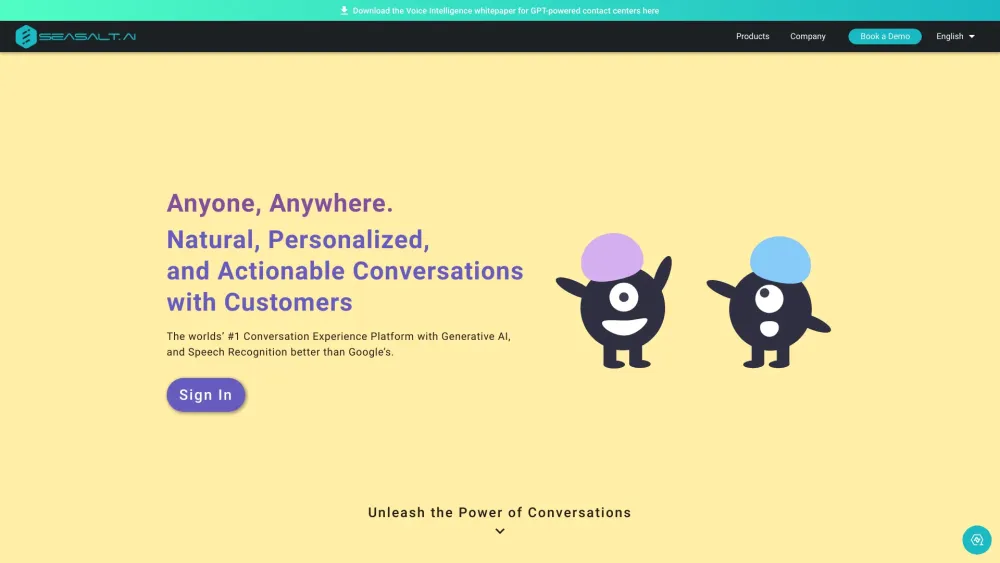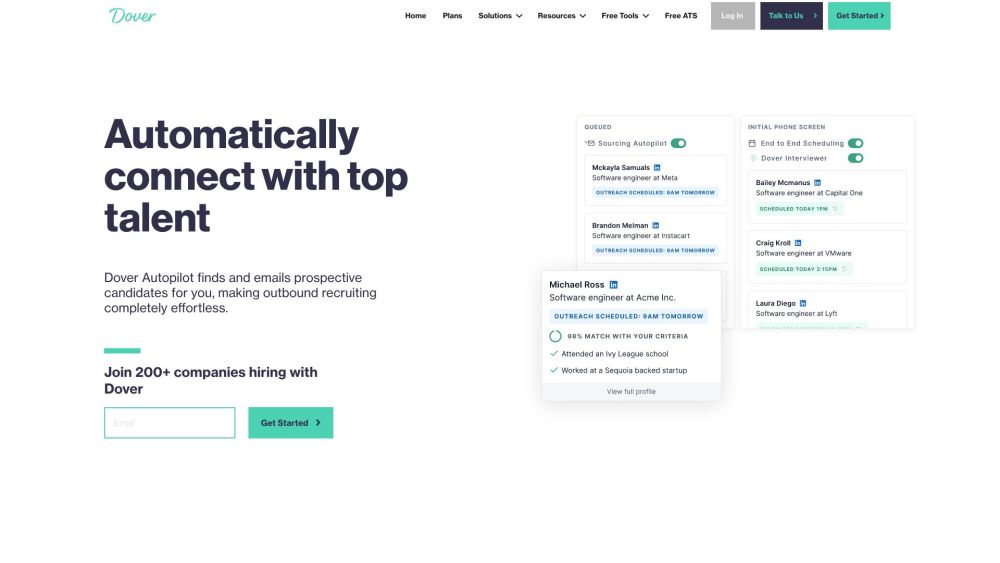Data sovereignty and residency laws have gained significant attention in recent years. Major cloud providers, designed for the seamless movement of data across various locations, have begun to explore how they can deliver sovereign cloud solutions that ensure sensitive data, particularly government-related information, remains within specific countries. For instance, AWS launched its European Sovereign Cloud in October, while Microsoft Azure introduced its Sovereign Cloud solution in December.
In contrast, Google Cloud's strategy has taken a different path. In 2021, Google Cloud teamed up with T-Systems to create a sovereign cloud specifically for Germany. Recently, it has formed a new partnership with World Wide Technology (WWT) to provide sovereign cloud services for U.S. government clients.
Currently, Google is refocusing on data sovereignty, but its primary approach appears to involve partnerships rather than the development of its own sovereign cloud infrastructure. Over the years, Google Cloud has significantly evolved its hybrid and on-premises offerings. Initiatives like Cloud Services Platform, Anthos, and GKE On-Prem have positioned Google Cloud as an adaptable solution for organizations keen on utilizing its services while adhering to regulations, security concerns, or cost considerations that prevent them from moving data into the Google Cloud. Its newest initiative, Google Distributed Cloud (GDC), provides a fully managed software and hardware solution that can either connect to Google Cloud or operate entirely offline.
In 2024, it would not be complete without Google highlighting the importance of AI in these developments. "Today, customers are seeking innovative methods to process and analyze data, uncover hidden insights, enhance productivity, and develop new applications—with AI at the forefront," stated Vithal Shirodkar, VP/GM, Google Distributed Cloud and Geo Expansion, in a recent announcement. "However, requirements for data sovereignty, regulatory compliance, and low-latency performance often pose challenges for organizations eager to implement AI solutions in the cloud. Balancing the need to secure sensitive data, comply with strict regulations, and ensure rapid responsiveness can hinder companies from fully leveraging the benefits of cloud innovation, scalability, and cost-efficiency."
At Cloud Next, Google Cloud's annual developer conference, GDC received numerous updates, including enhanced security features in collaboration with Palo Alto Networks and support for the Apigee API management service. Developers can now utilize the GDC Sandbox in Google Cloud to build and test applications without reliance on physical hardware. Equally important, GDC has achieved ISO27001 and SOC2 compliance, underscoring its commitment to security standards.
On the hardware front, Google Cloud is launching new AI servers for GDC, equipped with Nvidia’s L4 Tensor Core GPUs, in addition to its existing line of AI-optimized servers featuring the powerful Nvidia H100 GPUs. Notably, Google Cloud is enhancing its digital sovereignty portfolio by collaborating with partners like T-Systems, WWT, and Clarence, who can deliver GDC-powered sovereign cloud solutions tailored to their clients' needs.





